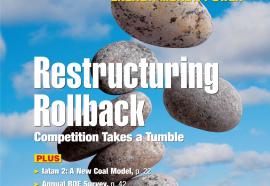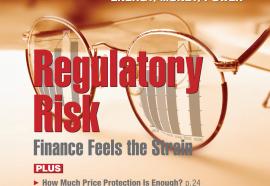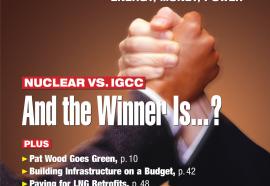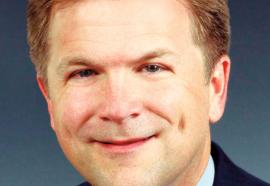Regulators Forum: Restructuring Rollback
State-policy turmoil reshapes utility markets.
As many states move toward re-regulation, we speak to commissioners in Illinois, Missouri, Pennsylvania, Texas, and Virginia to learn how policies are evolving—and how far the regulatory shakeup will go











